The cyclic prefix acts as a buffer region or guard interval to protect the OFDM signals from intersymbol interference. This can be an issue in some circumstances even with the much lower data rates that are transmitted in the multicarrier OFDM signal.
What is a cyclic prefix
The basic concept behind the OFDM cyclic prefix is quite straightforward. The cyclic prefix performs two main functions.
· The cyclic prefix provides a guard interval to eliminate intersymbol interference from the previous symbol.
· It repeats the end of the symbol so the linear convolution of a frequency-selective multipath channel can be modeled as circular convolution, which in turn may transform to the frequency domain via a discrete Fourier transform. This approach accommodates simple frequency domain processing, such as channel estimation and equalization.
The cyclic prefix is created so that each OFDM symbol is preceded by a copy of the end part of that same symbol.
Different OFDM cyclic prefix lengths are available in various systems. For example within LTE a normal length and an extended length are available and after Release 8 a third extended length is also included, although not normally used.

Cyclic prefix advantages and disadvantages
There are several advantages and disadvantages attached to the use for the cyclic prefix within OFDM.
Advantages
· Provides robustness: The addition of the cyclic prefix adds robustness to the OFDM signal. The data that is retransmitted can be used if required.
· Reduces inter-symbol interference: The guard interval introduced by the cyclic prefix enables the effects of inter-symbol interference to be reduced.
Disadvantages
· Reduces data capacity: As the cyclic prefix re-transmits data that is already being transmitted, it takes up system capacity and reduces the overall data rate.
The use of a cyclic prefix is standard within OFDM and it enables the performance to be maintaiend even under conditions when levels of reflections and multipath propagation are high.
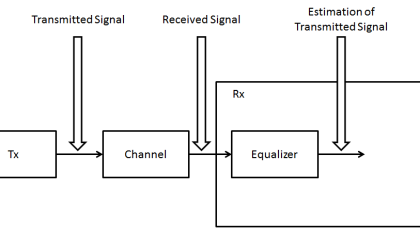
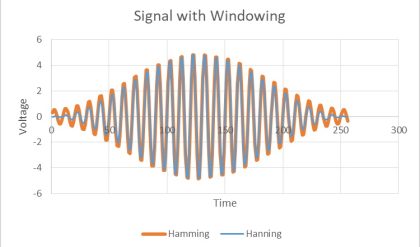
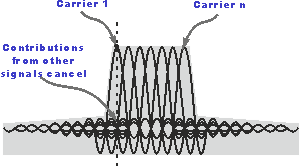

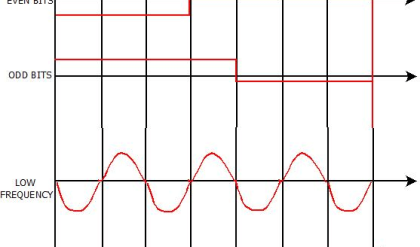
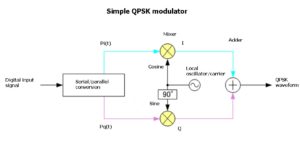
Comments are closed.